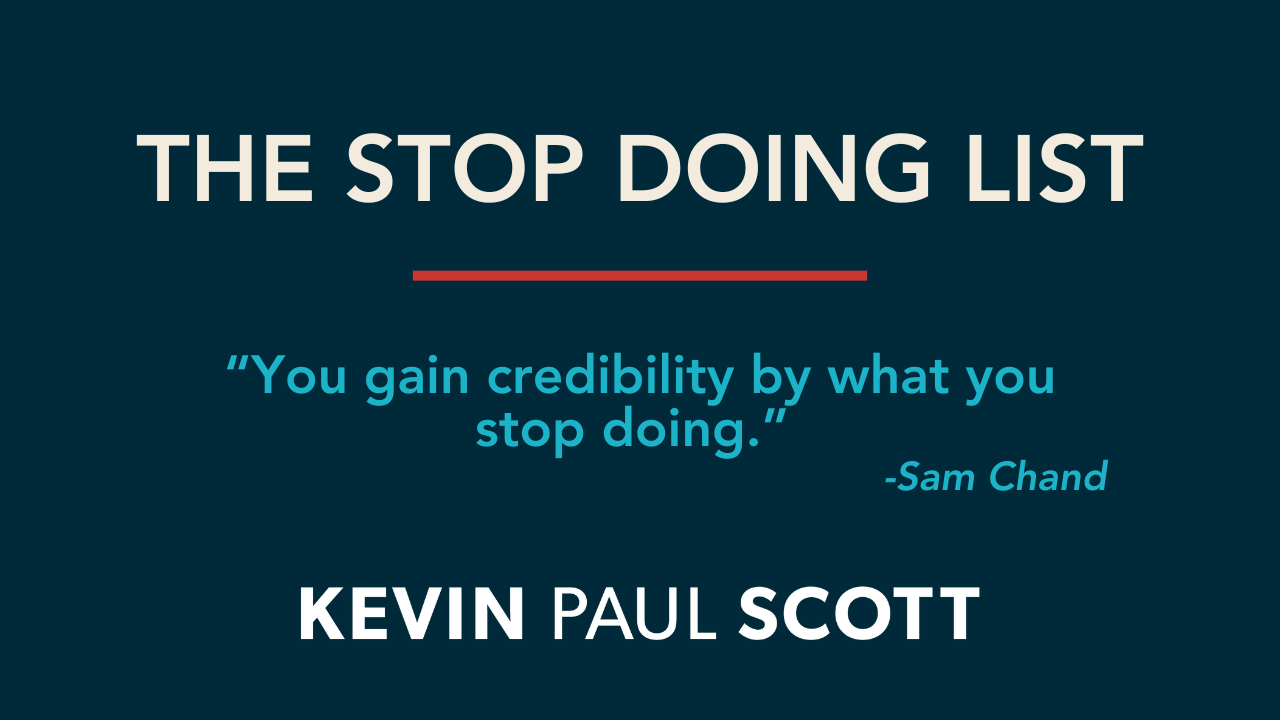Think about what you want to do today,
And realize you still can’t leave your house.
Settle in for another day at home.
Open up Facebook:
The first post tells you that COVID-19 is an overblown government hoax, and we should be back at work;
The next post implores you to stay inside, frustrated that more cities aren’t shutdown to slow the spread;
Followed by a post from the friend from church who’s in the hospital and has just received the diagnosis.
Log out of Facebook and turn on the news:
A task force update;
An interview from the medical perspective;
An analysis from the economic perspective;
And you find yourself completely inundated with information—maybe even before you get out of bed.
I’m beginning to realize just how much information I have consumed about COVID-19 in the last few weeks. Don’t get me wrong—it’s good to be informed. And I’m thankful to have access to this information. But at some point, it’s too much. Here are two questions for me and for you in this season. What should we think, and what should we do?
First, what should we think?
In a previous blog, I shared this quote, “What you meditate on, you magnify, and what you magnify controls you.” This statement has stuck with me, and in times like this, I understand why. What we’re constantly thinking about becomes bigger in our minds—so much so that it can cloud our vision and dramatically affect our actions. We need to think about the pandemic. We need to be wise, adhere to CDC guidelines, and work together to protect one another from infection. But constantly consuming information and meditating on this present crisis can also make us anxious, paranoid, and self-centered.
We need to learn to be informed in a healthy way while also thinking about good things.
Paul gives us this encouragement in the Bible: “Finally, brothers, whatever is true, whatever is honorable, whatever is just, whatever is pure, whatever is lovely, whatever is commendable, if there is any excellence, if there is anything worthy of praise, think about these things” (Philippians 4:8, ESV).
Now that we’re thinking about the right things, what should we do?
The writer of Hebrews tells us to “...encourage one another daily, as long as it is called ‘today’” (Hebrews 3:13, NIV).
What should we do? Encourage one another.
How often should we encourage one another? Daily.
So every day, but for how long? As long as it is called ‘today.’
Encouragement may look different in this season than it does in others. You may not be able to provide your physical presence. The acts of service may be less tangible than in the past. But we have more ways to contact people at our fingertips than we ever have in history.
In fact, I hope you’ll make the decision to encourage someone right now when you click out of this email. Set your thoughts on good things, pick up the phone, and encourage somebody right where they are.
Set your thoughts on good things, pick up the phone, and encourage somebody right where they are.
Maybe they’re sick.
Maybe they’ve lost their job.
Maybe they’re battling loneliness.
Maybe they’re in a uniquely tough situation, and you don’t really know what to say. It doesn’t matter. Pick up the phone anyway. You have no idea how simply reaching out to a person could lift their spirits during this difficult time.

























.svg)




